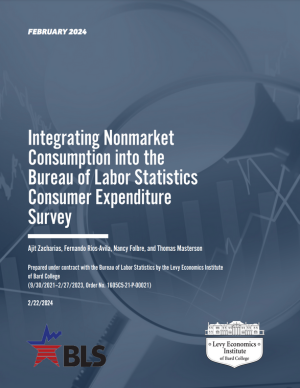
Publications
Working Paper No. 755
| February 2013
The Economics of Inclusion
Building an Argument for a Shared Society
This paper presents a review of the literature on the economics of shared societies. As defined by the Club de Madrid, shared societies are societies in which people hold an equal capacity to participate in and benefit from economic, political, and social opportunities regardless of race, ethnicity, religion, language, gender, or other attributes, and where, as a consequence, relationships between the groups are peaceful. Our review centers on four themes around which economic research addresses concepts outlined by the Club de Madrid: the effects of trust and social cohesion on growth and output, the effect of institutions on development, the costs of fractionalization, and research on the policies of social inclusion around the world.

